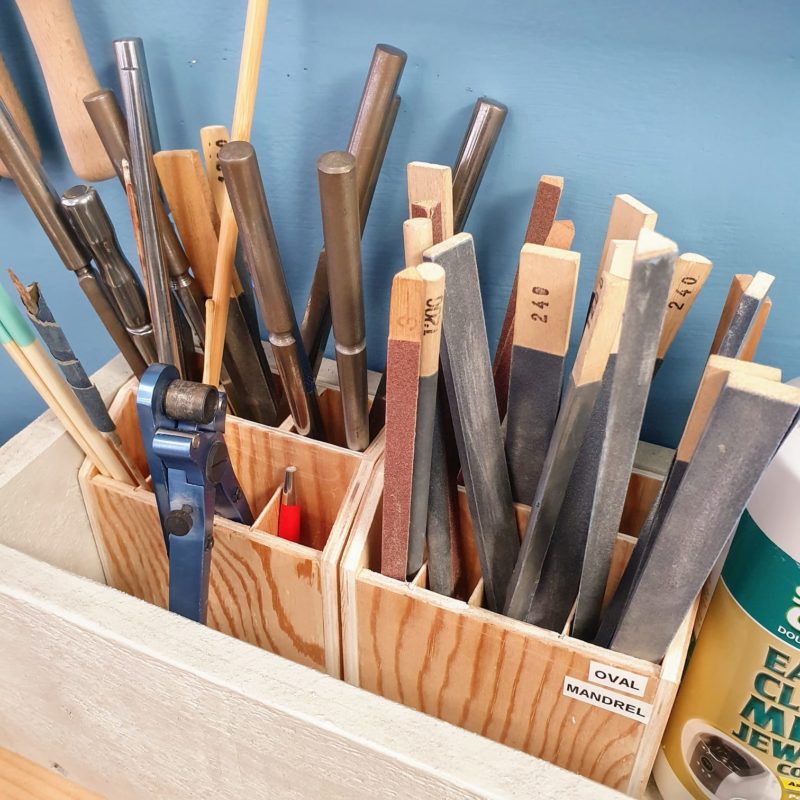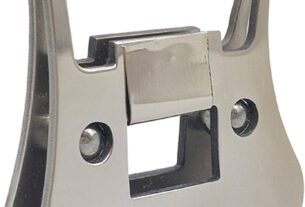Are you looking for the best emery tool for your workshop? Look no further! In this ultimate guide, we will cover everything you need to know about emery tools, including what they are, how they work, and which ones are the best for different projects.
What is an Emery Tool?
An emery tool is a type of abrasive tool used to grind and polish metal surfaces. It is made from a mixture of emery grains and a bonding material, such as resin or rubber. Emery tools come in various shapes and sizes, including discs, wheels, points, and cones.
How Do Emery Tools Work?
Emery tools work by grinding away small amounts of metal from a surface until it becomes smooth and polished. The abrasive grains on the surface of the tool remove the roughness and imperfections on the metal surface. Emery tools are commonly used in metalworking, woodworking, and jewelry making.
Types of Emery Tools
1. Emery Cloth – This is a flexible abrasive cloth that can be used to sand or polish surfaces by hand.
2. Emery Wheels – These are circular grinding wheels made of emery grains bonded together with resin or rubber.
3. Emery Points – These are small cylindrical or conical-shaped abrasive tools used for precision grinding.
4. Emery Cones – Similar to emery points but with a tapered shape that allows them to access hard-to-reach areas.
5. Emery Sticks – Small rectangular blocks of abrasive material that can be used for sanding and polishing tight corners.
Choosing the Right Emery Tool
The type of emery tool you choose will depend on the specific project you are working on. For example, if you need to grind down a large amount of metal quickly, then an emery wheel would be the best choice. If you need to smooth out a small area or polish a surface, then emery cloth might be the best option.
It’s also important to consider the grit size of the emery tool. The higher the grit size, the finer the abrasive particles and the smoother the finish. For example, a 120-grit emery cloth is coarser than a 240-grit emery cloth.
Finally, consider the material of your emery tool. Some materials are better suited for certain types of metal. For example, silicon carbide is excellent for grinding hard metals like titanium, while aluminum oxide is better suited for softer metals like brass.
Maintaining Your Emery Tools
To ensure that your emery tools last as long as possible and perform at their best, it’s important to properly maintain them. Here are some tips:
1. Clean your emery tools after each use to remove any debris or buildup.
2. Store your emery tools in a dry place to prevent rust or corrosion.
3. Replace worn-out or damaged emery tools promptly to avoid damaging your workpiece or causing injury.
4. Use proper safety equipment when using emery tools, including eye protection and respiratory masks.
Conclusion
Emery tools are an essential part of any workshop that deals with metalworking, woodworking, or jewelry making. By understanding what they are, how they work, and which ones are best suited for different projects, you can make informed decisions about which emery tools to use and how to use them safely and effectively.
References:
1. “Emery Cloth vs Sandpaper: What’s the Difference?” by David Becker; https://www.toolkoo.com/emery-cloth-vs-sandpaper/
2. “Choosing The Right Abrasive”, by Norton Abrasives; https://www.nortonabrasives.com/en-us/resources/expertise/choosing-right-abrasive




